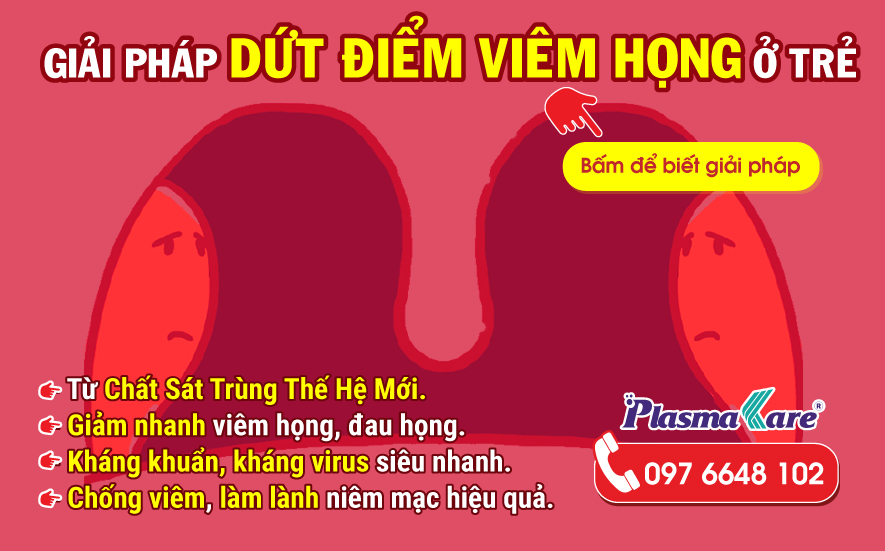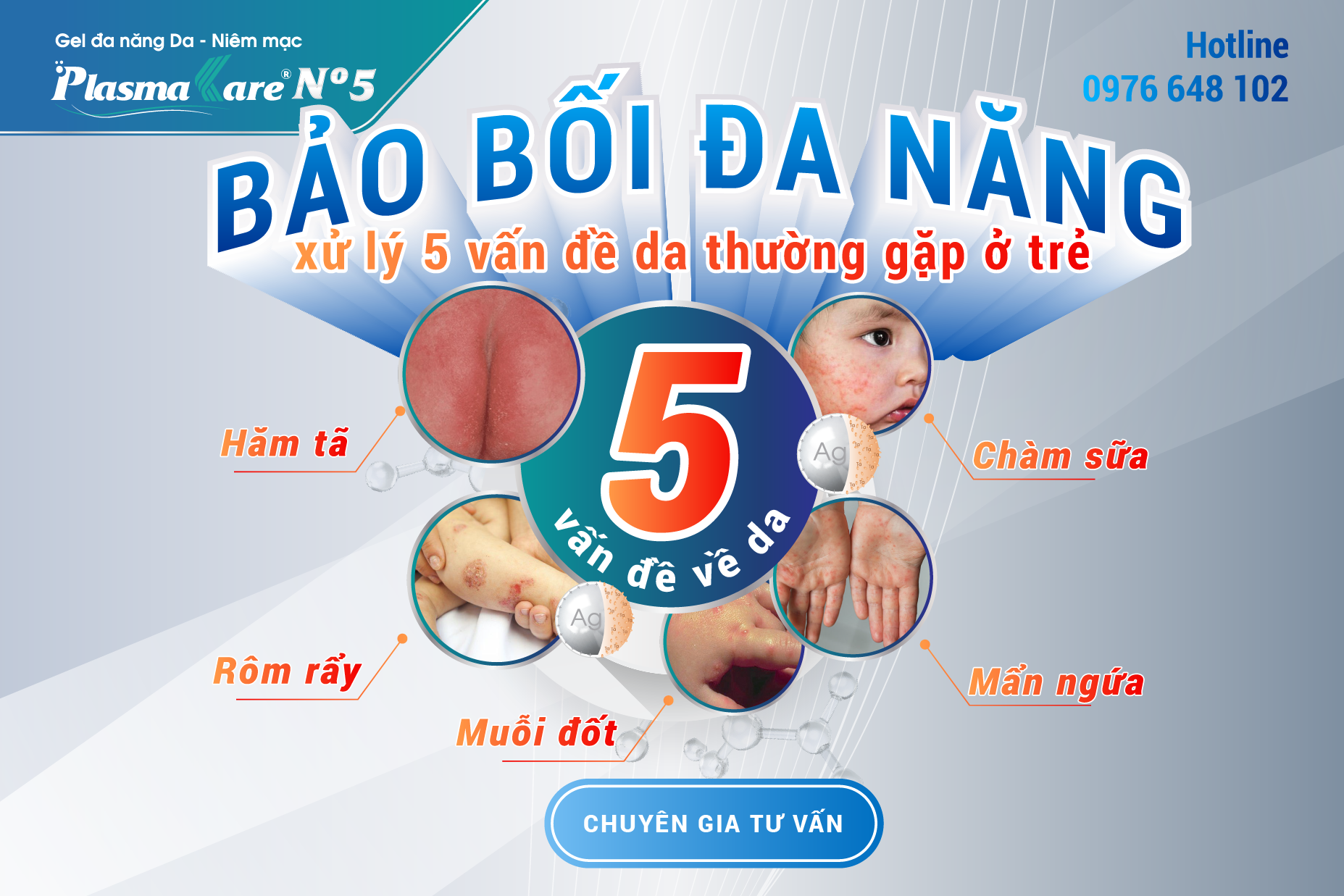Introduction
Mục lục
In times of economic crisis, it is crucial to address the burden of credit card debt that many individuals face. Managing credit card debt effectively can provide economic relief and pave the way to financial stability. In this article, we will explore various strategies and options for individuals seeking economic relief for their credit card debt.
Understanding the Impact of Credit Card Debt

Credit card debt can have far-reaching consequences, impacting individuals’ financial well-being and overall quality of life. Accumulating credit card debt often leads to high interest rates, late payment fees, and a negative impact on credit scores. These challenges can make it difficult for individuals to secure loans, mortgages, or even employment opportunities.
Exploring Economic Relief Options for Credit Card Debt

Debt Consolidation as a Viable Solution
Debt consolidation is a popular option for individuals seeking to alleviate credit card debt. It involves merging multiple debts into a single loan, typically with a lower interest rate and a more manageable repayment plan. Debt consolidation simplifies financial management and provides a clear path towards debt elimination.
However, it is important to weigh the benefits and drawbacks of debt consolidation. While it can lower interest rates and streamline payments, individuals must be cautious about potential hidden fees and the possibility of extending the repayment period.
Negotiating with Credit Card Companies
Another avenue for economic relief is negotiating with credit card companies for reduced interest rates or flexible repayment plans. By reaching out to the credit card company directly, individuals can explore options to make their debt more manageable.
To effectively negotiate, individuals should approach credit card companies with a clear plan, emphasizing their commitment to repayment. By demonstrating financial responsibility and highlighting any hardships faced, individuals may successfully secure reduced interest rates or more favorable repayment terms.
Utilizing Balance Transfer Options
Balance transfers offer a means to lower interest rates by moving credit card debt from one card to another with a lower rate. This option can provide immediate relief, allowing individuals to save on interest payments and focus on paying down their debt.
Before opting for a balance transfer, individuals should carefully consider any associated fees and the duration of the promotional interest rate. It is important to have a solid repayment plan in place to ensure that the debt is cleared before the promotional period ends.
Seeking Assistance from Credit Counseling Agencies
Credit counseling agencies can provide valuable guidance and support to individuals struggling with credit card debt. These agencies offer financial education, budgeting assistance, and debt management plans tailored to individuals’ specific circumstances.
Working with a credit counseling agency can help individuals gain a better understanding of their financial situation and develop effective strategies for debt repayment. However, it is essential to research and choose a reputable agency that operates ethically and in the best interest of the individual.
Government Programs and Initiatives for Economic Relief
Governments often introduce programs and initiatives to provide economic relief for individuals burdened with credit card debt. These programs aim to alleviate the financial strain and offer viable solutions for debt repayment.
Individuals should explore the specific programs available in their country or region. Eligibility criteria and application processes may vary, so it is important to gather all necessary information and documentation to ensure a smooth application process.
While government initiatives can be beneficial, it is crucial to consider their effectiveness and limitations. Some programs may have certain eligibility restrictions or limited funding, so individuals should be prepared for potential challenges when seeking economic relief through government programs.
Personal Strategies for Managing Credit Card Debt
In addition to the various relief options available, individuals can adopt personal strategies to effectively manage credit card debt and regain financial control.
Responsible credit card usage is key. Individuals should avoid unnecessary spending and only charge what they can afford to repay promptly. Creating a budget and financial plan can help individuals allocate their resources effectively and prioritize debt repayment.
Supplemental income options, such as taking on a part-time job or freelancing, can accelerate debt repayment. By increasing their income, individuals can allocate more funds towards paying off credit card debt and achieve financial freedom sooner.
Conclusion
In conclusion, economic relief for credit card debt is attainable through a range of strategies and options. Whether through debt consolidation, negotiation with credit card companies, balance transfers, or seeking assistance from credit counseling agencies, individuals can find a path towards financial stability.
It is essential to explore government programs and initiatives that offer economic relief, ensuring eligibility and adhering to application requirements. By combining these options with personal strategies for managing credit card debt, individuals can pave the way to a debt-free future.
Take control of your financial well-being today and explore the economic relief options for credit card debt. Visit debt.hoadepviet.com for more information and resources to guide you on your journey towards financial freedom.
Note: This article is for informational purposes only and should not be considered financial advice. It is recommended to consult with a financial professional for personalized guidance.

















